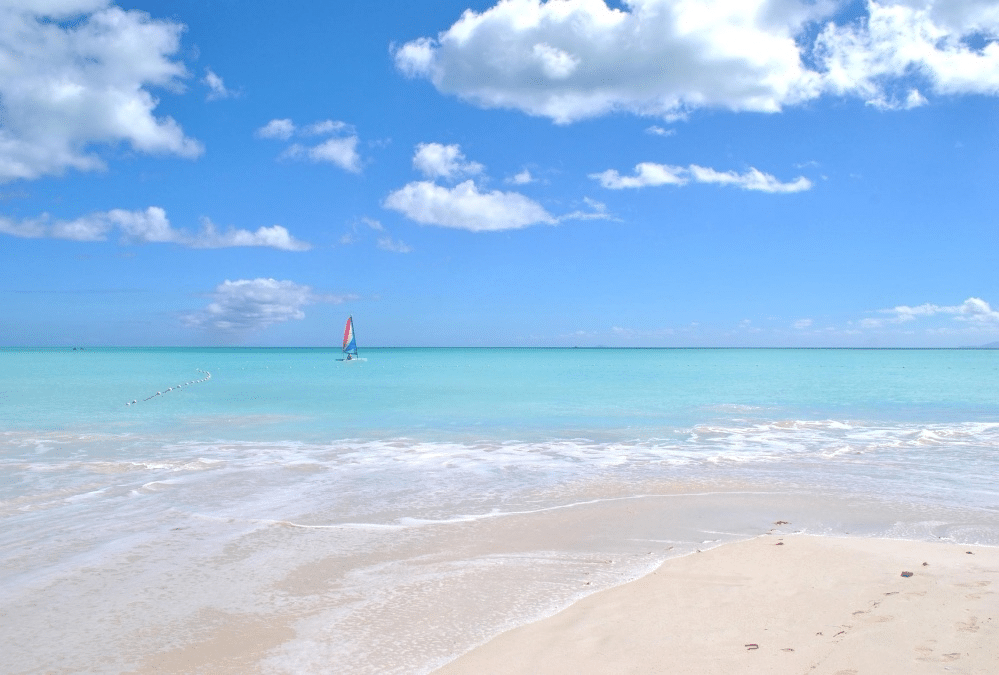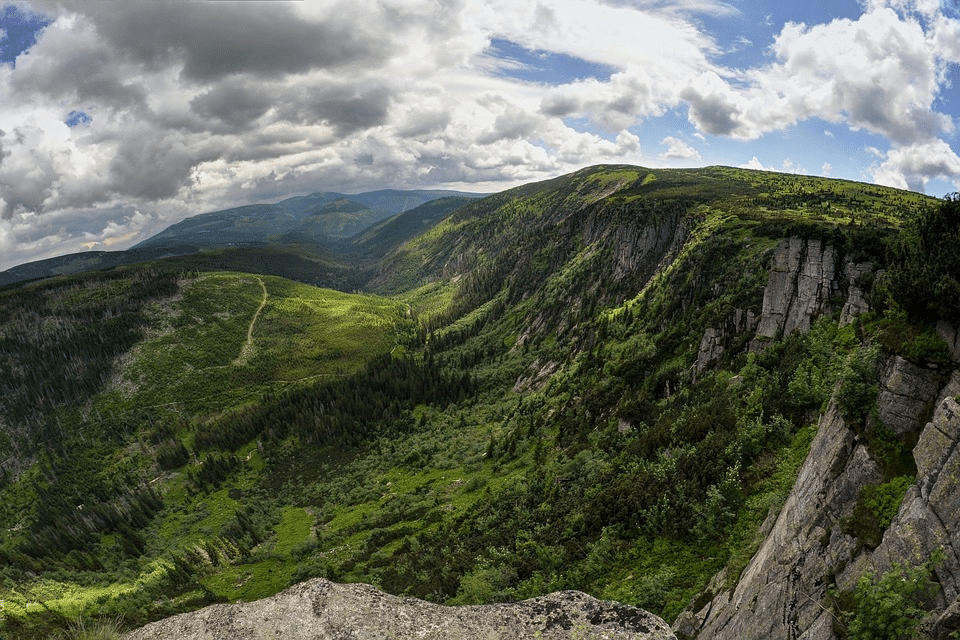10.1 – Dovolená
dovolená – vacation
It ends in -á, and this isn’t how most nouns end, right? In fact it looks like an adjective ending…
It turns out that it is an adjective, both in origin and with regards to the endings that go on it. It comes from dovolená doba ‘time off (lit. allowed time)’. Now, however, the word doba is never part of the equation, and one just says dovolená.[1] However, we need to review the endings:
|
Nominative |
dovolená |
|
Genitive |
dovolené |
|
Dative |
dovolené |
|
Accusative |
dovolenou |
|
Vocative |
— |
|
Locative |
dovolené |
|
Instrumental |
dovolenou |
Accusative Form dovolenou
You”ll use this when you say that you are going on (as in a destination) vacation:
Zítra jedeme na dovolenou.
Tomorrow we’re going on vacation.
Or with a verb like trávit/strávit ‘to spend (time)’:
Jak obvykle trávíš dovolenou?
How do you usually spend (your) vacation?
Locative form dovolené
However, you’ll use the locative form dovolené to specify where you were:
Minulý týden jsme byli na dovolené v Egyptu.
Last week we were on vacation in Egypt.
V červnu budu dva týdny na dovolené.
In June I’ll be on vacation for two weeks.
Images used in this document come from these sources.
[1] As a further example, we can look at the phrase mateřská dovolená ‘maternal leave’, lit. ‘maternal vacation’. Often people joke about this phrasing, stating “To přece není žádná dovolená!” However, it connects to that notion of allowed time off.

